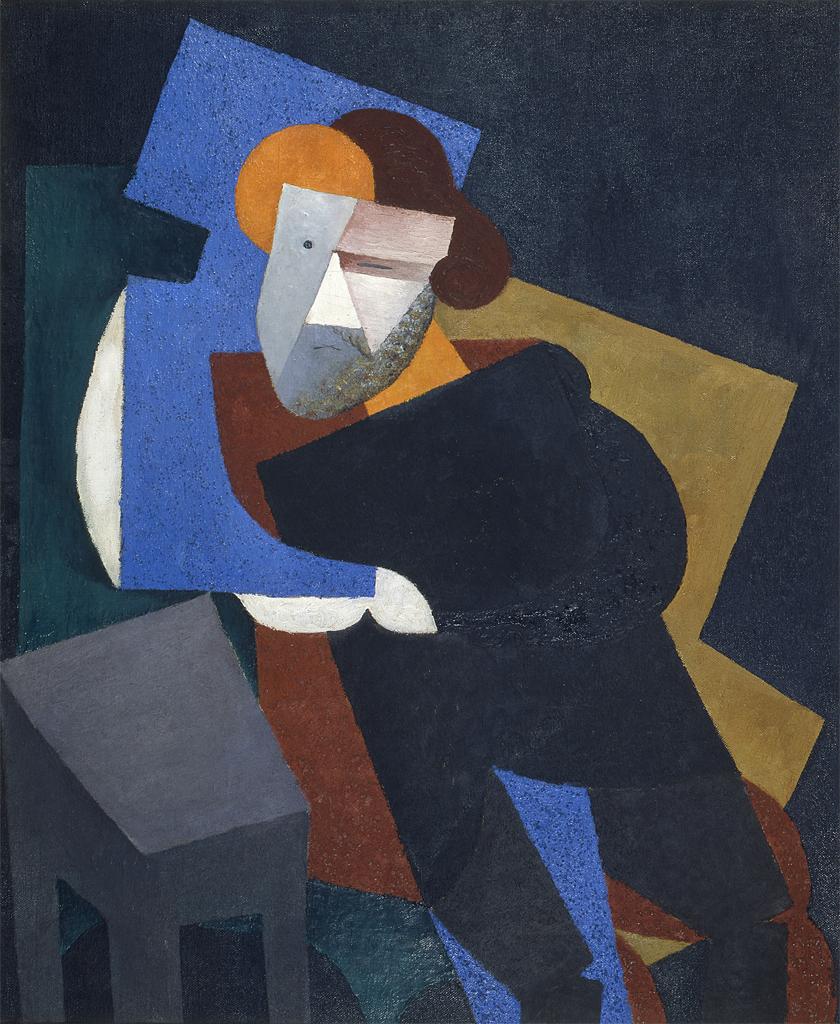The poet and civilization: why does a poet write, and why does it matter? The case of Osip Mandelstam.
A work of art is always meant to outlast its maker. Paraphrasing the philosopher, one could say that writing poetry, too, is an exercise in dying. But apart from pure linguistic necessity, what makes one write is not so much a concern for one’s perishable flesh as the urge to spare certain things of one’s world – of one’s personal civilization…. Art is not a better, but an alternative existence; it is not an attempt to escape reality but the opposite, an attempt to animate it. It is a spirit seeking flesh but finding words. In the case of Mandelstam, the words happened to be those of the Russian language….
Poetry is, first of all, an art of references, allusions, linguistic and figurative parallels. There is an immense gulf between Homo sapiens and Homo scribens, because for the writer the notion of theme appears as a result of combining the above techniques and devices, if it appears at all. Writing is an existential process; it uses thinking for its own ends, it consumes notions, themes, and the like, not vice versa. What dictates a poem is the language, and this is the voice of language, which we know under the nicknames of Muse or Inspiration….
A poet gets into trouble because of his linguistic, and by implication, his psychological superiority, rather than because of his politics. A song is a form of linguistic disobedience, and its sound casts a doubt on a lot more than a concrete political system: it questions the entire existential order. And the number of its adversaries grows proportionally….
It was the immense intensity of lyricism in Mandelstam’s poetry which set him apart from his contemporaries and made him an orphan of his epoch, “homeless on an all-union scale.” For lyricism is the ethics of language and the superiority of this lyricism to anything that could be achieved within human interplay, of whatever denomination, is what makes for a work of art and lets it survive. That is why the iron broom, whose purpose was the spiritual castration of the entire populace, couldn’t have missed him….
Perhaps more than anyone in this century, he was a poet of civilization: he contributed to what had inspired him. One may argue that he became a part of it long before he met death. Of course he was Russian, but not any more so than Giotto was an Italian. Civilization is the sum total of different cultures animated by a common spiritual numerator, and its main vehicle – speaking both metaphorically and literally – is translation. The wandering of a Greek portico into the latitude of the tundra is a translation.
Joseph Brodsky, “The Child of Civilization,” in Less than One: Selected Essays
For another view of Mandelstam, see here.









Leave A Comment